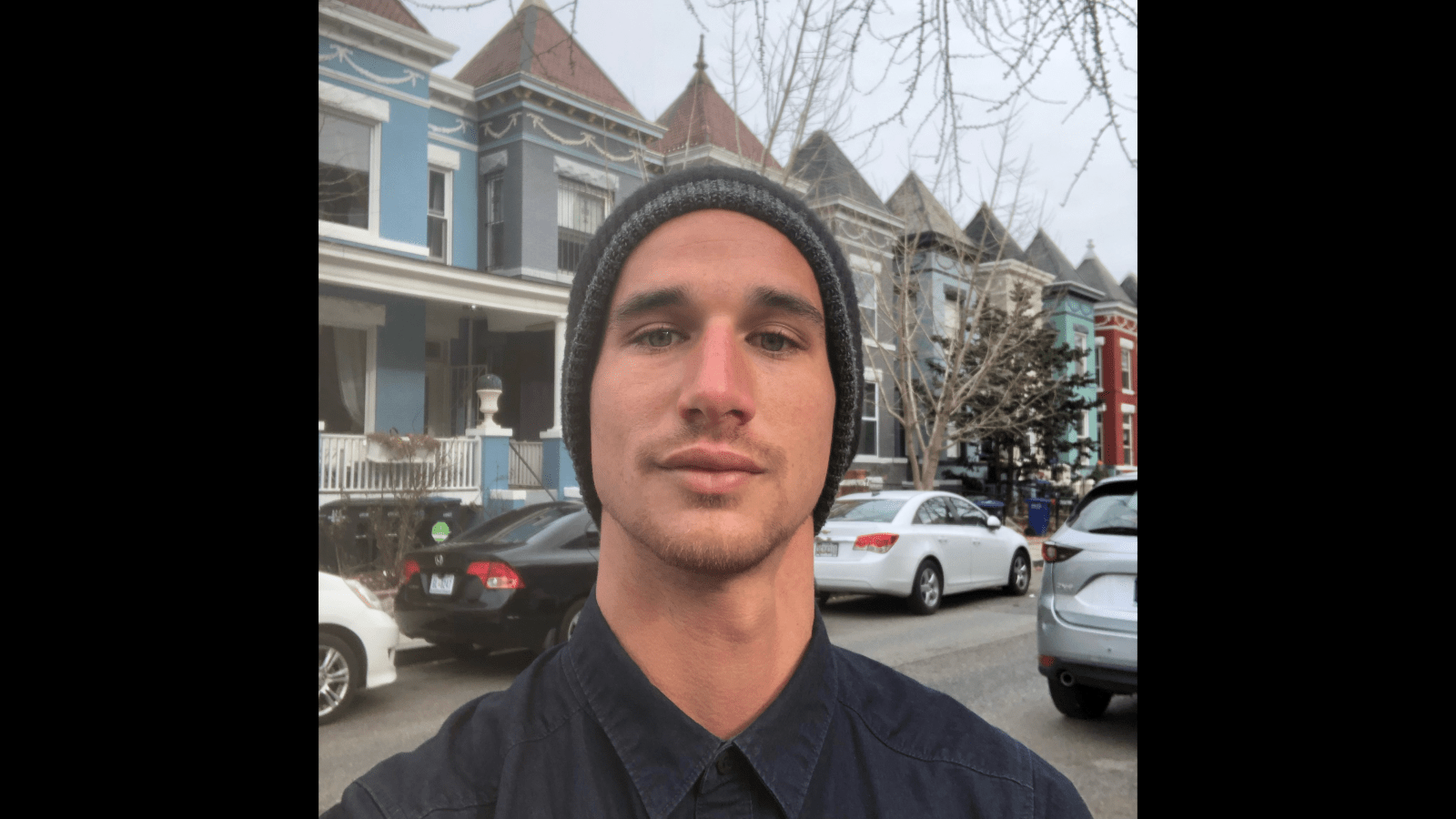The cooperative housing movement could be the great neighborhood equalizer. A model lauded by experts for giving agency to residents, diversifying housing choice and building wealth, co-ops offer residents an equal stake in the purchase and management of a building, while simultaneously reducing cost burden in an increasingly fraught housing market.
But for Will Bien Duggan (M.C.P. ’21), cooperative housing was also a window into his next chapter. In 2015, he joined a 92-unit limited equity co-op building in the Columbia Heights neighborhood of Washington, D.C.; it was a chance for him to own an apartment on his bartender’s salary while continuing to engage in the civic advocacy work that increasingly dominated his time. The model was unfamiliar to him and intriguing, drawing him to co-op meetings moderated by a nonprofit affordable housing organization. It wasn’t long before they took notice, coaxing Duggan from the back of the room to a seat on the board, a leadership position that eventually led him to the Urban Studies and Planning Program at UMD.
It was a trajectory rooted in personal history. A fifth-generation D.C. resident, Duggan went to D.C. public schools and grew up with stories from his parents—both small business owners—on how events, politics and policy dictated the changing fabric of his city. In college, a period of academic self-reflection caused him to abruptly switch gears from engineering to community studies.
“It was the realization of the injustice in the world, and I couldn’t make the changes I wanted to see as a mathematician or an engineer,” he said. “I needed to understand these different ‘isms’ that affect our world.”
After a stint working in public education and youth empowerment in New Orleans, Duggan returned to D.C., making a living at his family’s bar at night and spending his days in hard-core citizen advocacy, where he mobilized grassroots tenant anti-displacement rallies and engaged in the city’s comprehensive plan re-write.
“I realized that some of the same elements that worked in New Orleans were needed in D.C. and that my work could have a bit more impact in my own backyard,” he said. A professional planning degree, he felt, was the “critical link” that could connect those experiences with actual decision making.
“I already had a strong interest for making an impact, but there were still missing pieces. I remember [Assistant Professor] Ariel Bierbaum saying early on in my graduate experience at Maryland, ‘we don’t know what we don’t know.’”
The beauty of earning his Master of Community Planning at Maryland is, Duggan said, that it filled in some of those gaps, but it also laid bare the continued disconnect. He began understanding the different ways society has approached issues like housing, social justice and gentrification, and the ramifications those decisions have. It armed him with the toolbox and perspectives he needed to approach tough challenges and, more importantly, an understanding of how the tools were designed, their strengths and limitations.
Duggan’s story came full circle in December when he took a job with the same agency that developed his own building’s co-op: Mi Casa. As a project manager, Duggan juggles a handful of efforts, including jump-starting small building collaboratives, the 4-to-24-unit buildings that he says make up the majority of D.C.’s housing stock. He’s leaning into the scenario work, creative thinking and problem-solving skills he developed during his time at Maryland to uncover different avenues of funding and offer residents options for attaining secure, dignified housing. His perspective as a co-op owner, it turns out, is one of his greatest assets: it allows him to talk candidly about the realities of co-op housing and shepherd residents through the growing pains of horizontal leadership.
“I feel like I’m living in a case study, and that gives me a different purpose,” he said. “Often in advocacy work, we tend to inflate expectations and I’m of the mindset that, no, you need to keep it real. How are you going to navigate disagreements? Different household incomes?”
Ultimately, Duggan says, the only way the model can work is if you develop leadership from within; Mi CASA’s success is when they can step away and let tenants maintain and grow their asset. He has seen 100 great case studies where that has become a reality, adding to the social fabric of a community and building strong ties between neighbors. To do that, he’s looking for others like him: the folks at the back of the room, showing up and taking interest.
“That’s the kind of city I want to live in,” he said. “To have this be my first job outside the program, well, it feels very affirming. Enough of us feeling like that can make a pretty big difference.”

